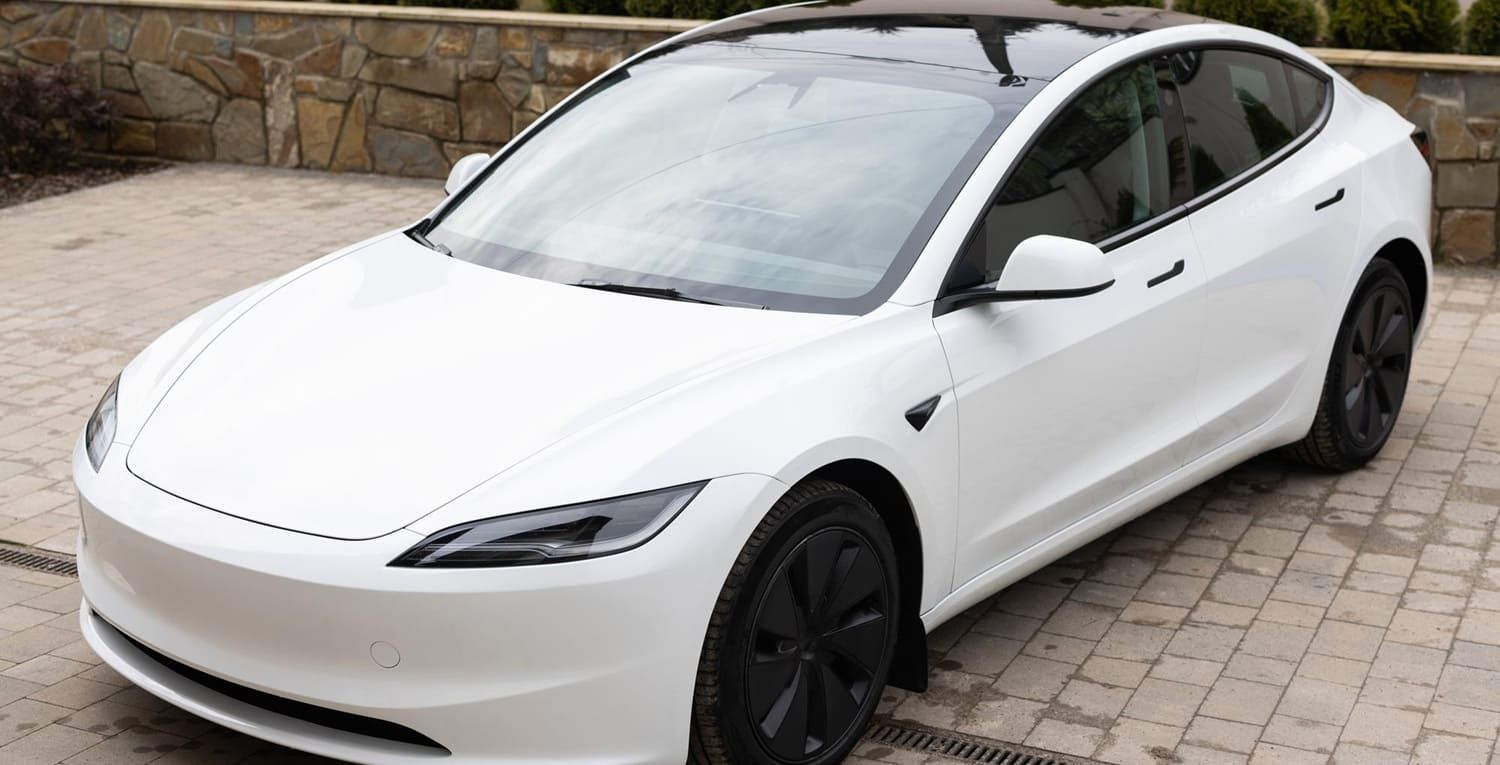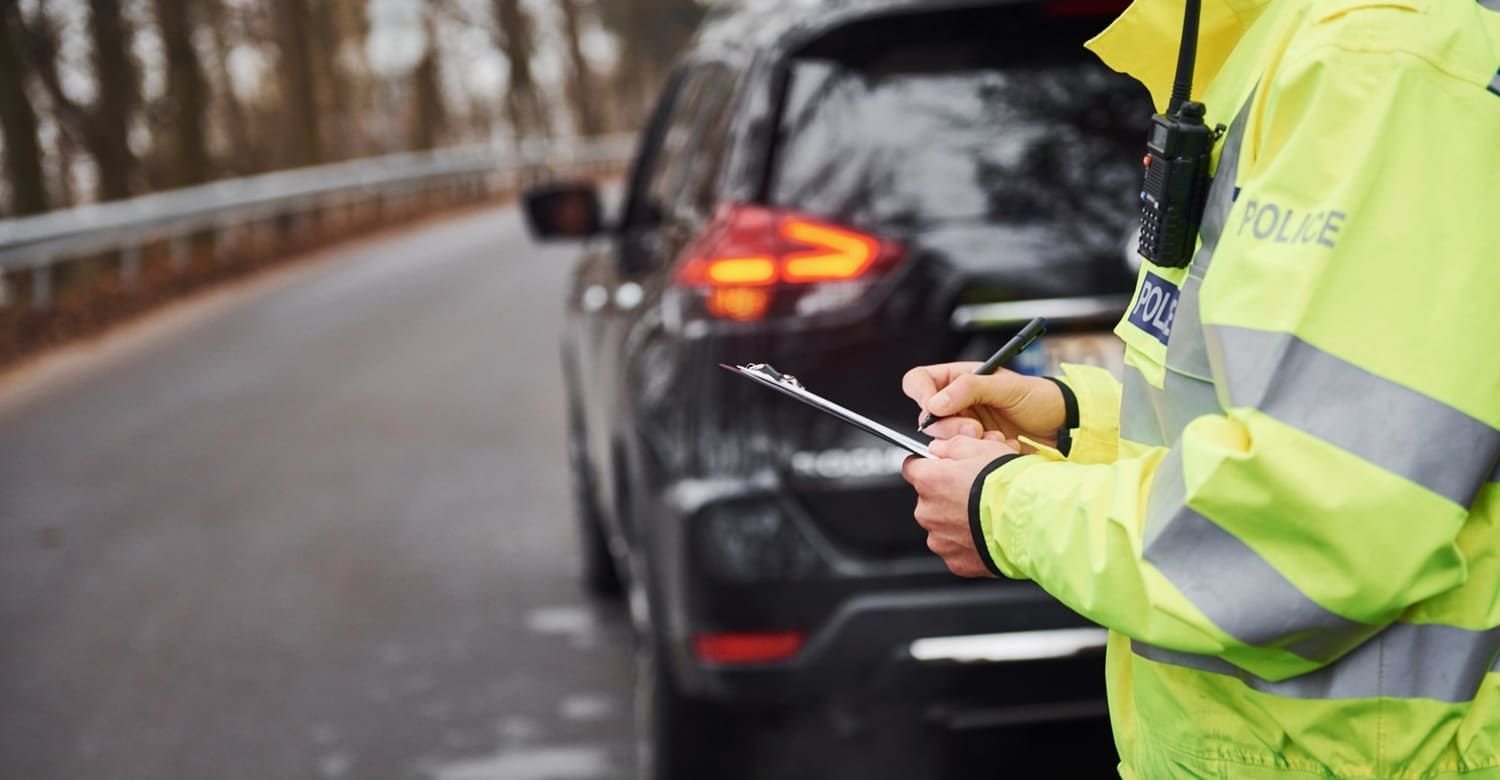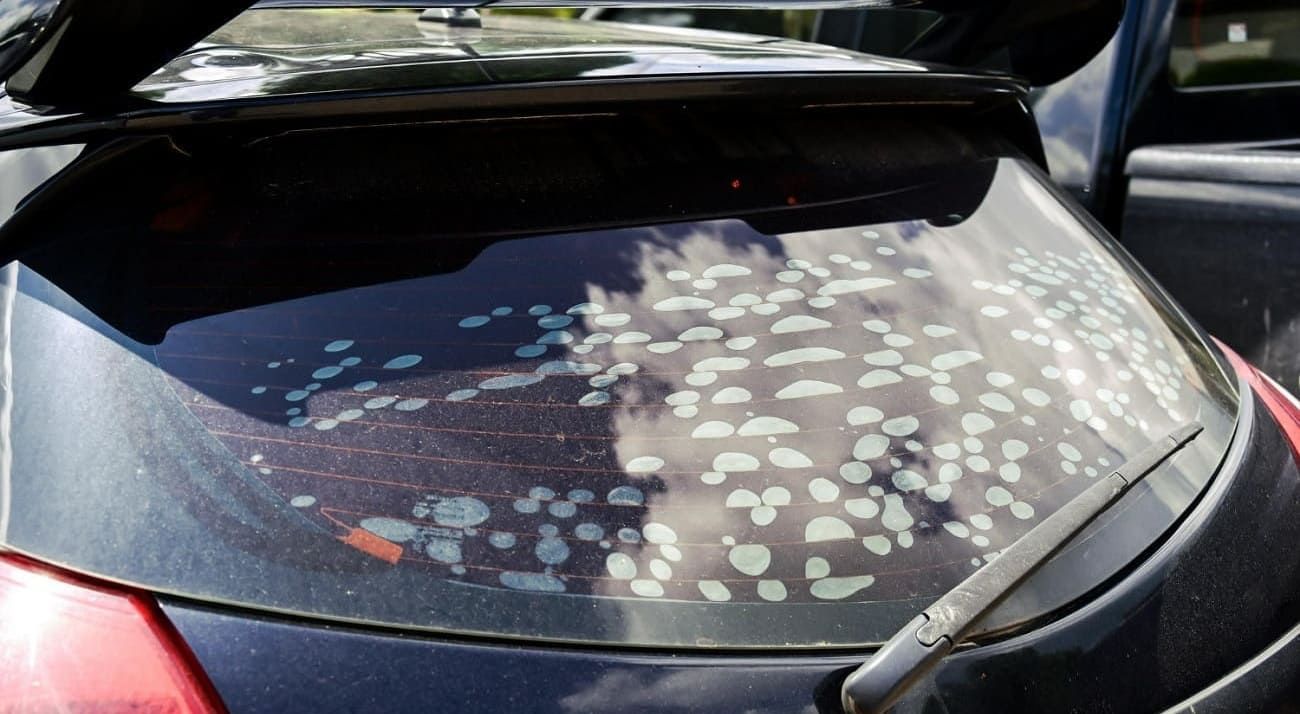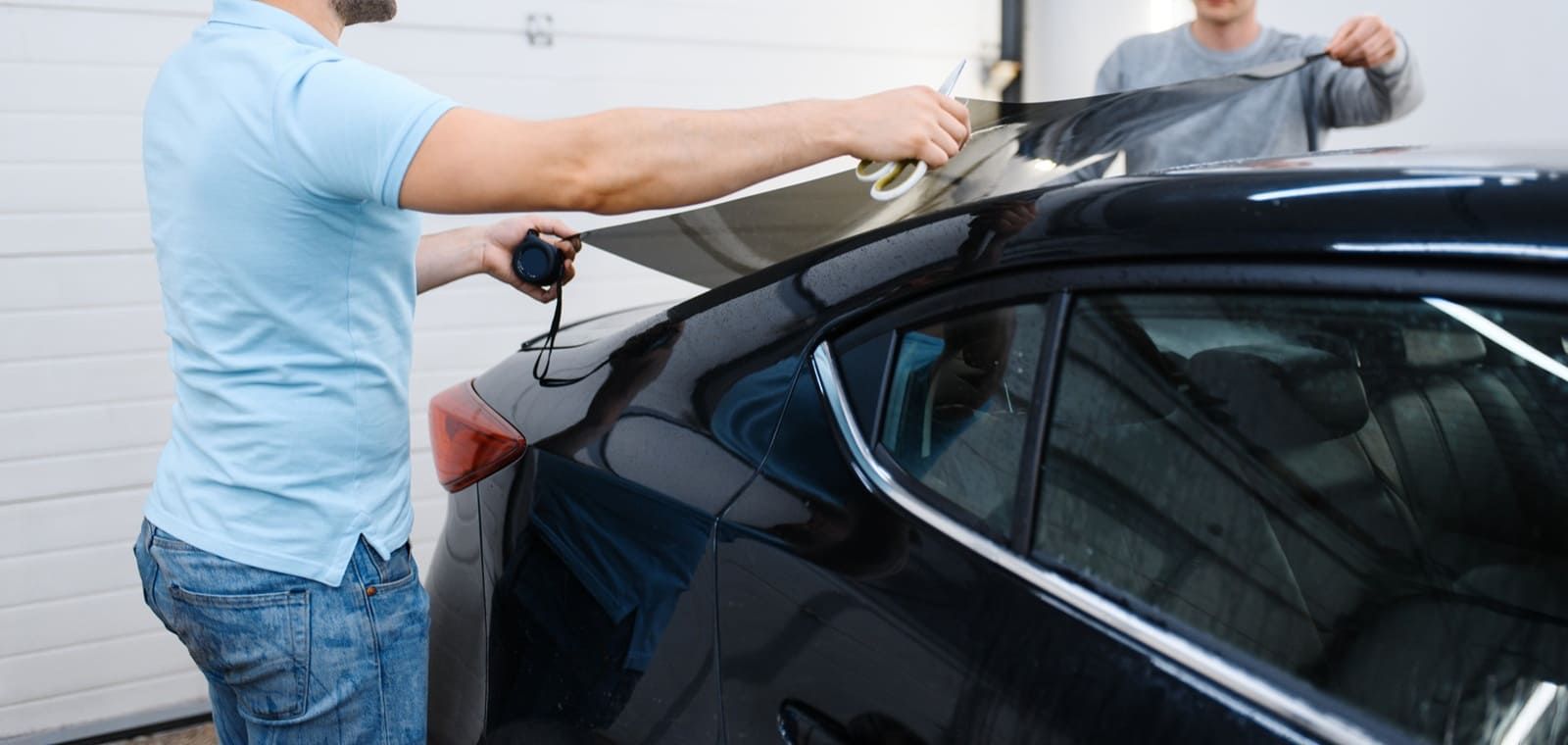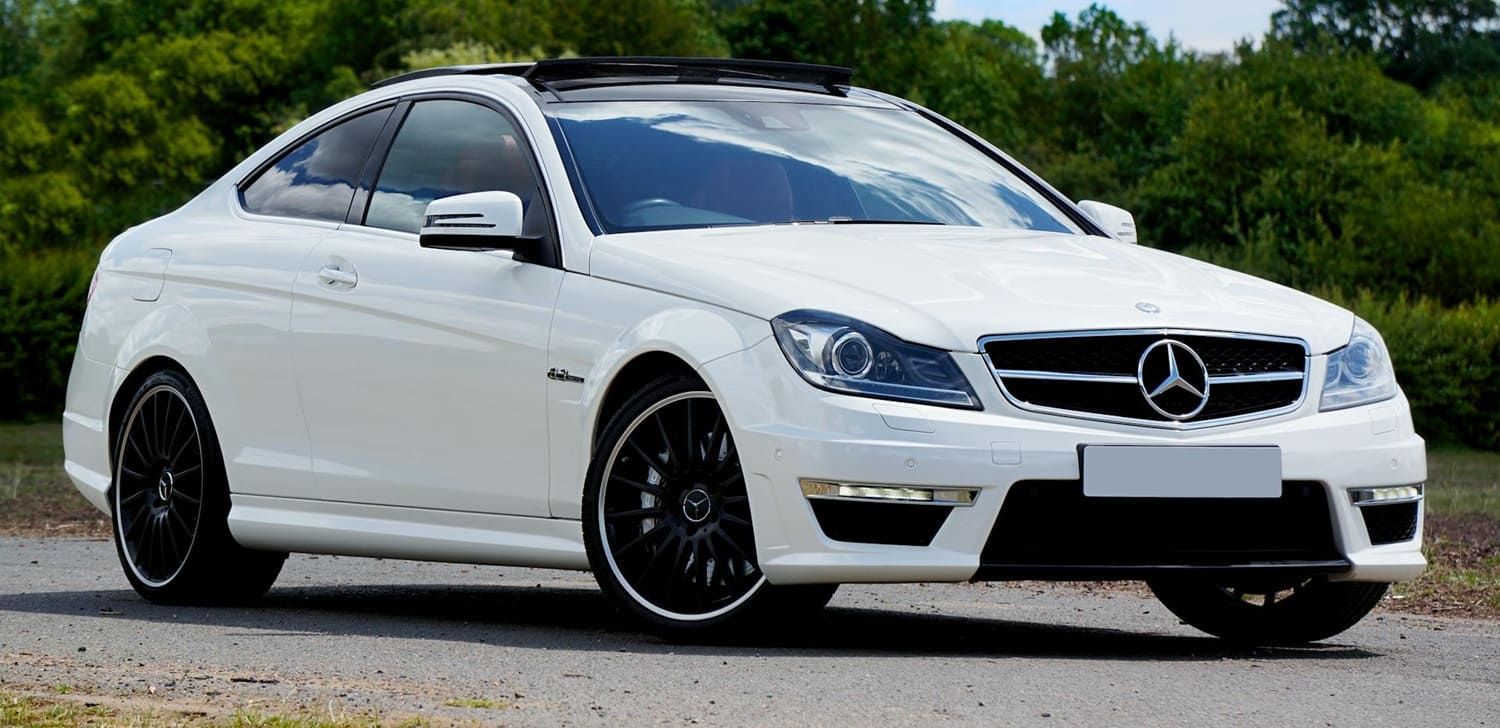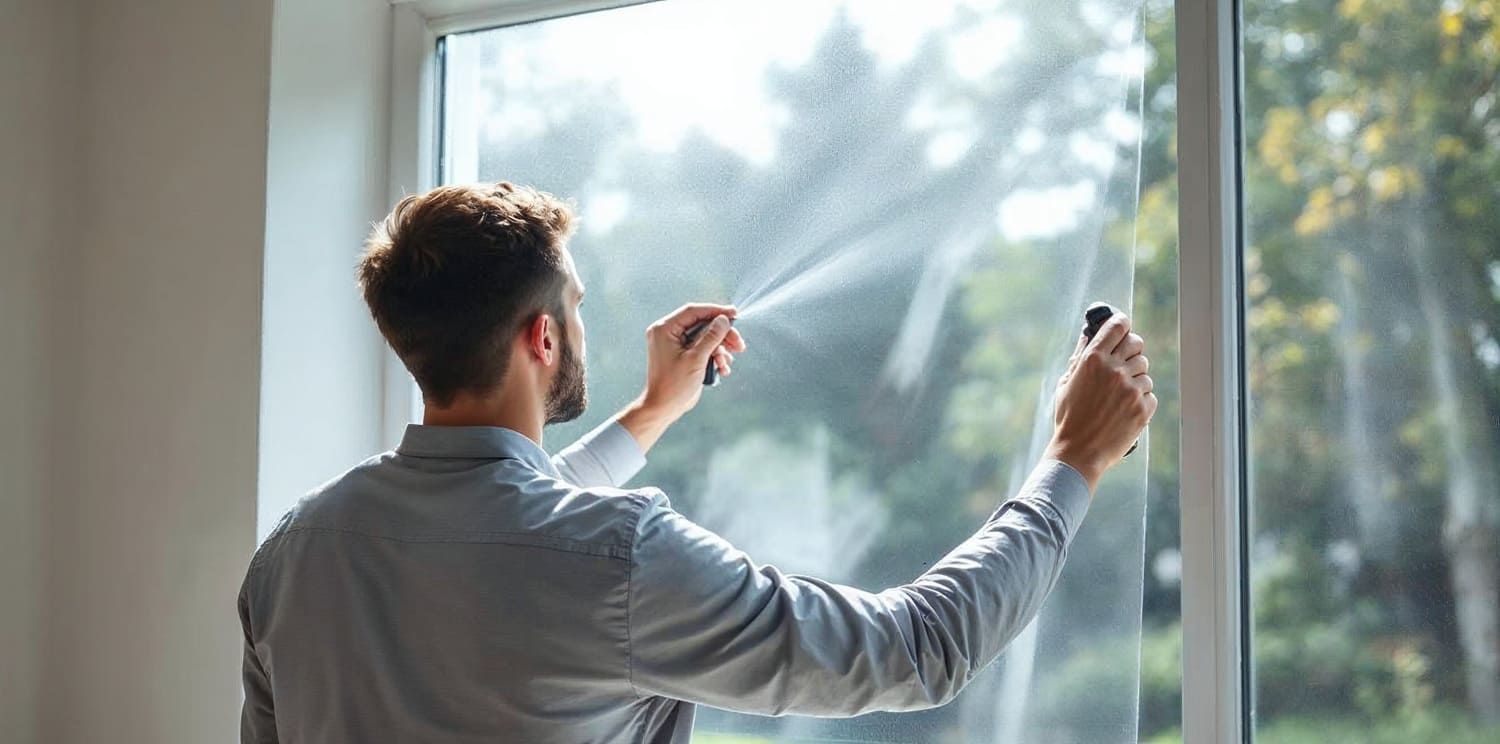The Do’s and Don'ts of Car Window Tinting
If you're getting your car windows tinted, you need to ensure your sticking to the window tinting laws in your state. Keep reading to learn about these laws.
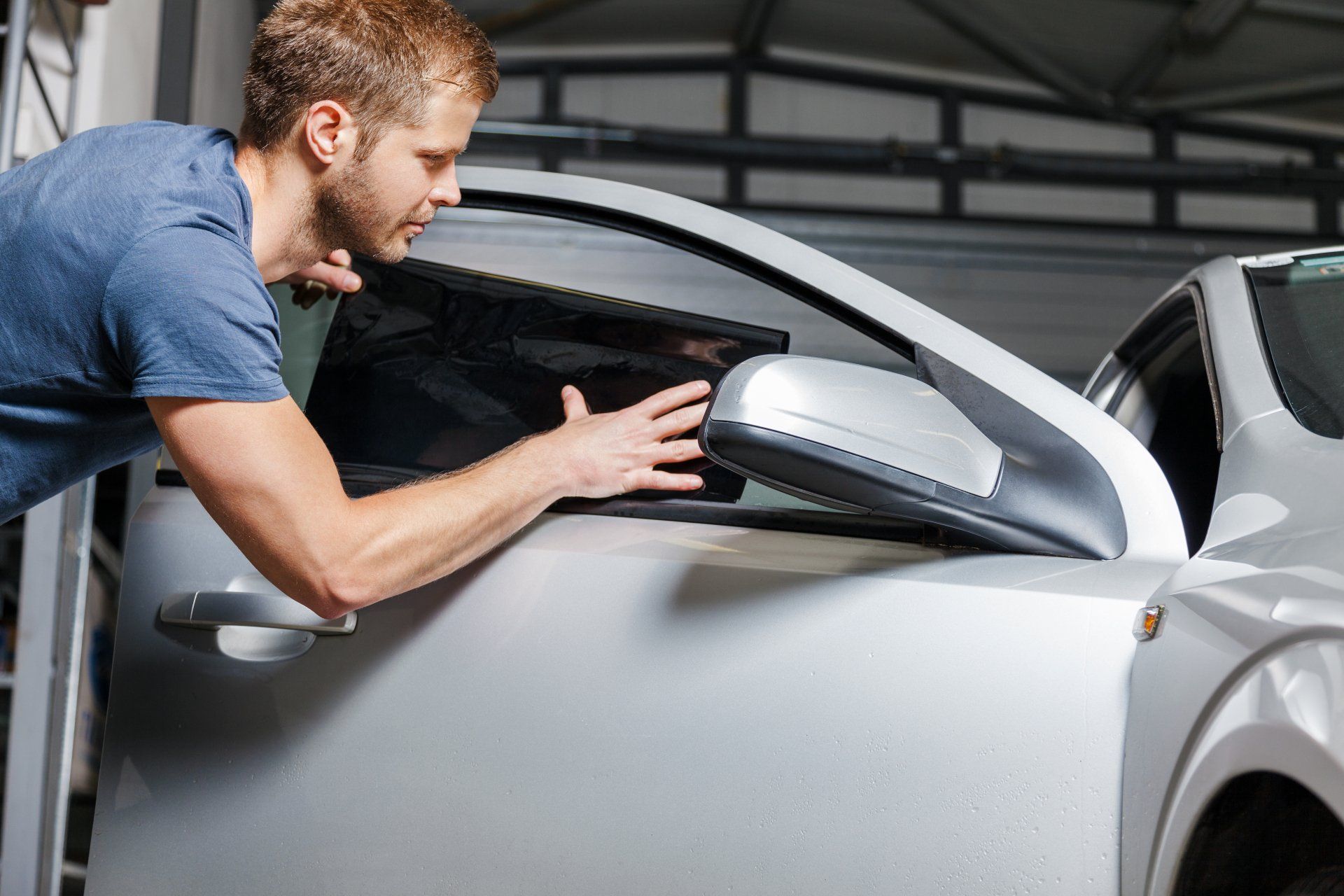
Did you know that Palm Beach has 234 total days with the sun each year? Florida isn't called "The Sunshine State" for no reason, the state sees many sunny days.
Although soaking up the sun is a joy for many, it's not ideal for driving. It's beneficial to get car window tints in Florida because drivers can see better and keep their car's interior protected.
Before getting window tint, it's important to know about window tinting laws. Keep reading to learn the do's and don'ts.
Do Understand Window Tinting Laws
Window tinting laws vary by state, so that's why it's important to read up on the laws where you live.
The statutes dictate how much light can pass through the glass, a measurement referred to as visible light transmission (VLT) percentage. The darker the tint, the smaller the percentage.
Laws also dictate reflective capacity and where the tint is located.
VLT is checked during your vehicle's annual state inspection. Window tint laws focus on a car's front side windows, but some states have rules for the rear and back side windows.
Don't Assume VLT and Reflection Are the Same
In Florida, car owners can apply tinting to the rear, driver-side, and passenger-side windows. Tint cannot go below the manufacturer's AS-1 line nor can it have any reflective quality.
Apply tint at least six inches from the top of the backside passenger window. Rear windows follow the same law.
Florida law officials carry a VLT meter that measures the reflectiveness and darkness of window tints. This is why it's important to follow the laws, in addition to staying safe while on the road.
To comply with the laws, follow these Florida VLT levels:
- Front-side windows must have a VLT of more than 28% for cars
- Backside and rear windows must have a VLT of 15% or more for cars
- Front side windows must have a VLT of more than 28% for vans and SUVs
- Backside and rear windows must have a VLT of 6% of more for vans and SUVs
Any vehicle window cannot be tinted with colored tints under Florida law.
Overly-Reflective Windows
VLT and reflection laws differ in Florida and other states across America. Overly-reflective windows are a safety hazard for law enforcement and other vehicles on the road.
These are the reflective tint laws in Florida:
- Back windows can't have more than 35% reflective capacity
- Front-side windows cannot be more than 25% reflective
You don't have to worry about these laws if you choose a non-reflective tint.
Florida updates its window tinting laws occasionally so keep this in mind when choosing a window tint and reflective capacity.
Do Opt for Professional Installation
Always opt for professional installation if you want to abide by the laws and have quality window tints. Your local tinting installer stays up to date with VLT and reflective tint requirements in your area.
In addition to staying within the law, these are other benefits of professional car window tint installation:
- Proper installation techniques
- Saves money
- Window tinting guarantees
- Customer service
Professional installers will prepare your window tint so that your vehicle is protected and more energy efficient.
Window tinting might seem like an easy DIY job, but it's not, especially if you are inexperienced. If you don't install the window tint correctly, you risk damaging the vehicle glass and voiding the manufacturer's warranty.
Don't Forget About Exemptions
State window laws apply to any driver and vehicle that don't fall under certain exemptions.
Some transportation types can apply for exceptions to receive darker tinting. These vehicles are:
- Hearses
- Ambulances
- Busses
- Limousines
- Church-owned vehicles
You must apply and receive a legal exemption before you can install darker tints or more reflective tints on these vehicles.
Individuals with certain medical conditions impacted by direct sunlight or UV rays might qualify for a medical exception as well. Some of these conditions include:
- Albinism
- Lupus
- Cockayne Syndrome
- Bloom Syndrome
- Solar Urticaria
- Xeroderma Pigmentosum
- Erythropoietic Protoporphyria
People with these conditions deal with extreme symptoms caused by sun exposure. You'll also need to receive a legal exception and display the medical exemption decal so law enforcement can see it.
Do Buy a High-Quality Tint
Low-quality tints cause bubbles and discoloration. There are several affordable tinting options that are high-quality.
Low-quality tints may cost you less money initially. In the long run, you'll end up needing to replace the tint sooner rather than later. When you invest in quality, you'll get your money's worth.
Although low-quality tints are technically legal, they are not beneficial in the long-term.
Don't Use Harsh Cleaning Products
After choosing a window tint, you need to care for them properly. To make them last as long as possible, don't use harsh cleaning products on your window tints.
Avoid cleaning solutions with ammonia that can damage window tint. Find organic products made especially for tinted auto glass and avoid using abrasive sponges and rags.
Wipe windows down with a soft cloth to prevent scratching the tint. Window tint installers can guide you on the products to use for cleaning.
Window Tinting Laws: The More You Know
Window tinting laws vary by state and vehicle type. Understanding window tinting laws is a must in the state of Florida.
Consider the differences between VLT and reflectivity when making a tint choice. Always hire a professional to install your window tint for you.
If you have any exceptions based on your vehicle or medical condition, apply for them before receiving a darker window tint.
Follow the do's and don'ts in this guide for best practices. reach out to David Wood Window Tinting and Contact us today if you are ready to tint your vehicle windows.


